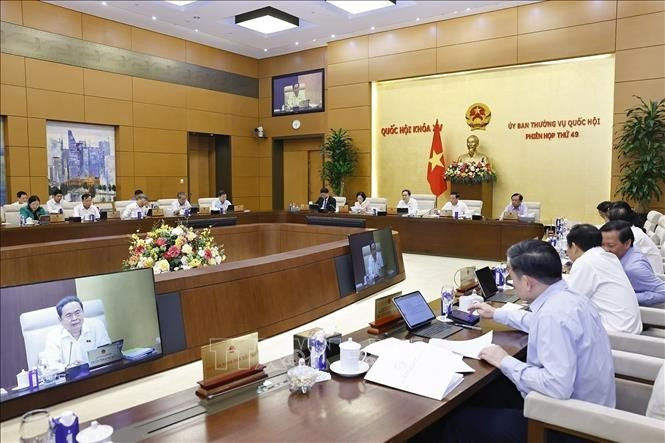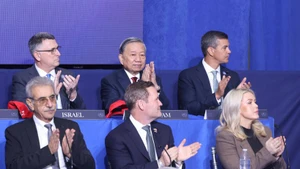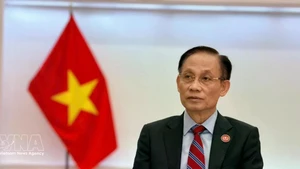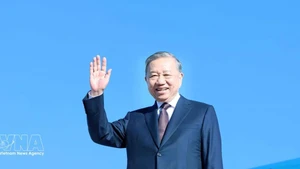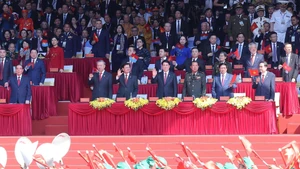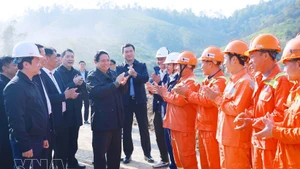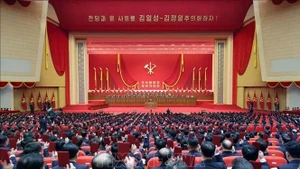The draft amended Law on Public Employees consists of six chapters and 43 articles, down 19 articles compared to the current law.
It aims to reform the mechanisms and methods of recruiting, employing, and managing public employees based on job positions; create connectivity in the use of human resources between the public and private sectors; implement policies to attract and make effective use of high-quality human resources in public service units; and renew the evaluation system for public employees to improve the quality and effectiveness of services provided to the people and society.
NA Chairman Tran Thanh Man emphasised that the draft law marks an important step forward in modernising the management of public human resources in Viet Nam, inheriting the spirit of the 2010 law, which was amended in 2019, and moving toward a model that places public employees at the centre. In the context of national digital transformation and international integration, it not only addresses existing shortcomings but also creates space for innovation in public service units.
The selection of public employees must ensure they possess integrity, competence, dedication, vision, good health, and passion for their work. At the same time, a system for evaluating them should be developed in the near future. They must be subject to assessment on whether they fulfil their duties or not, rather than being guaranteed a lifelong position once recruited into the system, he said.
The top legislator highlighted that building a contingent of public employees must be done in a professional manner, with flexible recruitment mechanisms while ensuring their legitimate rights and interests. In addition, digital transformation in public employee management should be promoted to build a transparent and modern public administration.
He also requested that the draft law ensure consistency and synchronisation with related laws such as the Law on Officials and Civil Servants, the Labour Code, the Law on Social Insurance, the Law on Public Investment, the Law on Bidding, the Land Law, and the Law on Planning, so as to avoid overlaps and contradictions during implementation.
Giving opinions on the draft amended Law on Judicial Expertise, the National Assembly Standing Committee generally agreed with the scope of amendments in the draft. It requested the Government to continue directing a review to ensure innovative thinking in lawmaking, implement the Party’s policy on streamlining and reorganising the political system’s apparatus, and ensure that this amendment fundamentally addresses legal obstacles and shortcomings in judicial expertise activities. The goal is to effectively serve judicial proceedings and meet the requirements of investigation, prosecution, and trial in economic and corruption-related cases.
